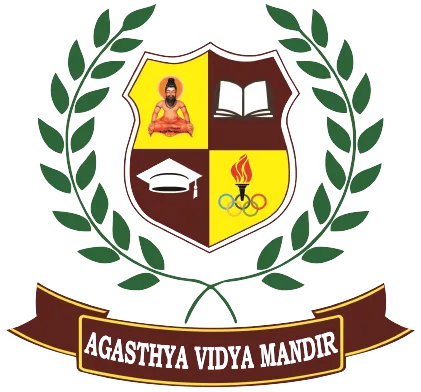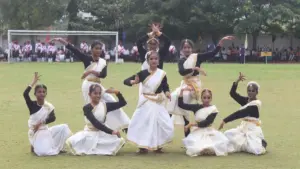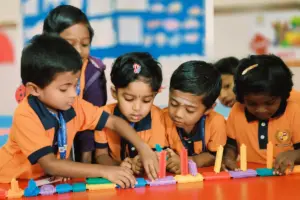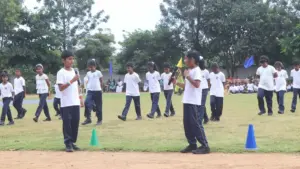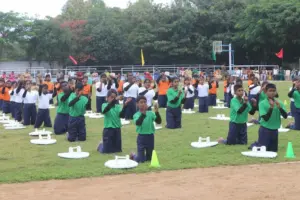In today’s education landscape, academic results alone no longer define success. Parents, educators, and society are recognizing that true learning involves nurturing the whole child—intellectually, emotionally, physically, and socially. At Agasthya Vidya Mandir, we believe in holistic education: a comprehensive approach that goes beyond textbooks, develops character, builds values, and prepares students for life—not just examinations.
What Holistic Education Means
Holistic education addresses all facets of a child’s development. It builds cognitive and academic competence, yes—but it also emphasizes emotional wellbeing, ethical growth, creativity, physical fitness, and social responsibility. Research shows that holistic education helps students become resilient, empathetic, and better equipped to tackle challenges. Nord Anglia Education+2The Kintess School+2
How AVM Embodies Holistic Learning
At Agasthya Vidya Mandir, holistic learning is not just a tagline—it’s part of the daily classroom experience. Here are some of the ways we implement this philosophy:
- Integrated Curriculum & Co-curricular Activities: Along with strong core subjects, our students engage in arts, music, dance, sports, and martial arts. These build creative thinking, confidence, teamwork, and discipline.
- Social–emotional learning (SEL): We create safe, supportive environments where students are encouraged to express themselves, develop empathy, manage stress, and build healthy relationships.
- Values & Ethics: Honesty, respect, responsibility, and integrity are instilled through behavior, modeling by teachers, and a culture of accountability.
- Physical & Mental Well-being: Regular physical education, outdoor play, fitness routines, and structured time for mindfulness or rest ensure that students grow strong bodies and calm minds.
Benefits for Students
- Better Academic Outcomes: When learners are emotionally stable, physically healthy, and morally grounded, academic learning often improves. Students stay more focused, motivated, and capable of deeper thinking.
- Life Skills: Communication, leadership, resilience, critical thinking—all these are cultivated alongside books. Our students don’t just pass exams; they become adaptable individuals who can handle changing future demands.
- Confidence & Identity: Recognizing and celebrating individual strengths—whether in arts, sports, or scholastic work—helps students build self-esteem and a sense of identity.
Challenges & Our Response
Implementing holistic education takes planning, resources, and teacher training. At AVM, we address these by:
- Investing in regular faculty development so teachers adopt active, student-centered pedagogies.
- Ensuring infrastructure includes ample sports grounds, arts rooms, music, dance spaces.
- Maintaining smaller class sizes to allow for individualized attention.
Conclusion
Holistic education is not a luxury—it’s essential. In a world of rapid change, students need more than textbook knowledge. At Agasthya Vidya Mandir, we are committed to forming well-rounded, capable, compassionate individuals who are as strong in character as in academics.
